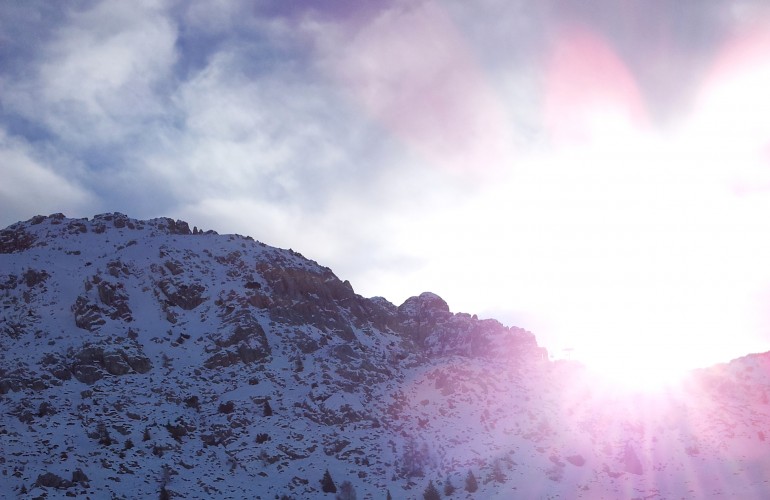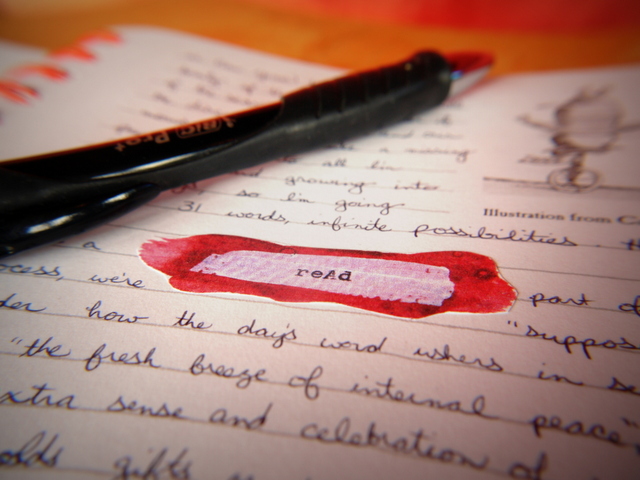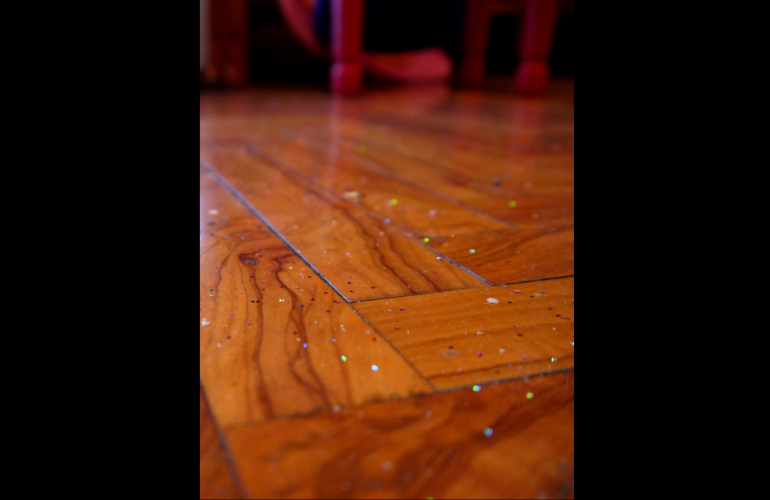Last night was an accidental movie night. By this, I mean that Dan brought in his laptop and tablet and an impressive tangle of cables and I brought in my ironing board and iron and an impressive pile of shirts, and we sat down on the sofa to sip a drink before getting on with our evening’s work and forgot to get up until three hours later when the closing credits of Django Unchained rolled on.
Now, I’m a sucker for a good Tarantino film (our last accidental movie night can be blamed on Grindhouse being aired in English on Italian TV; how were we supposed to pass up that bit of magic, I ask?), and Django was every bit the ride from subtly intriguing to laughably outrageous that we expected. Still, I sat heavily on the sofa cushions when it was over, feeling like the breath had been knocked out of me.
It’s the subject of slavery, see. I’ve read plenty of books and seen even more films about it, but at a certain point, I just can’t maintain my protective distance any more. The tragedy of humans buying and selling other humans, stripping them of rights, and abusing them as they would never mistreat their in-animate property seeps into my lungs and steals the breath right out of them. If this were an isolated blot on the timetables of history, I could look at it more objectively, but the fact is that we humans, when given the power and the cultural approval to do so, willingly abandon our humanity.
I was born and raised in one of the original Confederate states, and while pushback against the Civil Rights Movement had pretty much dissipated by the time I came along, racism was—is—still alive and well in the South. Today’s racism doesn’t have the theatrical stamp of white hoods or riot gear; rather, it’s a stream of superiority running so silently through the community’s perspective that we don’t even realize it’s there. We don’t identify what’s really going on when we describe the black family across the street as “uppity” for driving a shiny SUV and the black family two doors down as “freeloaders” for relying on Medicaid. We don’t realize how frequently we use race to explain why something is distasteful to us—“Oh, you know, Mexicans and yard care…”—or how our assumptions about others’ income, education, personality, and reliability are fueled by prejudice.
I realize that this is a deep, complex issue that can’t just be laid out and then neatly wrapped up by a middle-class white girl with a blog. I have no love for debate and no desire to shame the people I grew up with over a bigger cultural issue. That said, one glaring realization stands out to me in the emotional aftermath of Accidental Django Night: The reason that traditional slavery no longer exists in the United States is not that we’re a more enlightened species now; it’s that brave people over the last two centuries fought and sacrificed and took unpopular stands and often risked everything to get one human right after another passed into law.
Even worse, we’re still not there, still not to the place where all people are granted equality regardless of skin color or income level or sexual orientation or religious conviction. Straight, wealthy white Christians (of which I am one, I know) still control almost all legal and educational decisions for the country. Human traffickers still sell and trade lives within American borders. Hate is still harnessed everywhere from courtrooms to first-grade classrooms, and it makes me wish sometimes that I could just shrug off this broken human condition like an ill-fitting coat. I don’t want this bloodline of oppression and exploitation any longer.
In the end, though, this is a fundamental part of my faith. I have problems with many, many tenets of mainstream Christianity, but the concept of depravity is not hard for me to swallow. It’s only too obvious throughout the pages of history books and newspapers that humans, left to their own devices, turn into monsters. It is also obvious to me that without a higher power inspiring and nudging us along, we have little reason to fight our shitty inclinations. While I don’t believe that this higher power is limited to the straight, wealthy, white Christian God often portrayed by pastors of the same demographic, I do believe in a God who helps us rise above our natures. We supply the self-awareness and humility, [s]he supplies the soul-therapy.
Jesus talked extensively about the realm of heaven here on earth, heaven’s subjects administering healing and kindness and justice and grace, and I love that idea of operating within humanity as a citizen of something beyond. The flawed thinking behind travesties like the Crusades and Westboro Baptist Church is that our mission as Jesus-followers is to overcome others when in truth, our mission is to overcome ourselves—to ascend beyond our cruel and self-preserving instincts into the upside-down beauty of regarding each other as more important.
Granted, this mission more closely resembles salmon flopping up waterfalls than it does the calm spiritual levitation that last sentence might have implied. It’s exhausting, frustrating, and teeth-grittingly hard work not being an asshole (can I get an amen?), and considering how assholery begets assholery, there’s plenty of two-waterfalls-forward, one-waterfall-back action among those of us who interact with other humans. Still, overcoming my biological dark side is worth the manic fish routine to me. I’m willing to continue trying, continue aspiring to a perspective based on love because I believe with all my heart that it can change the world.
It might not be the reaction Tarantino was going for, but there you have it.





